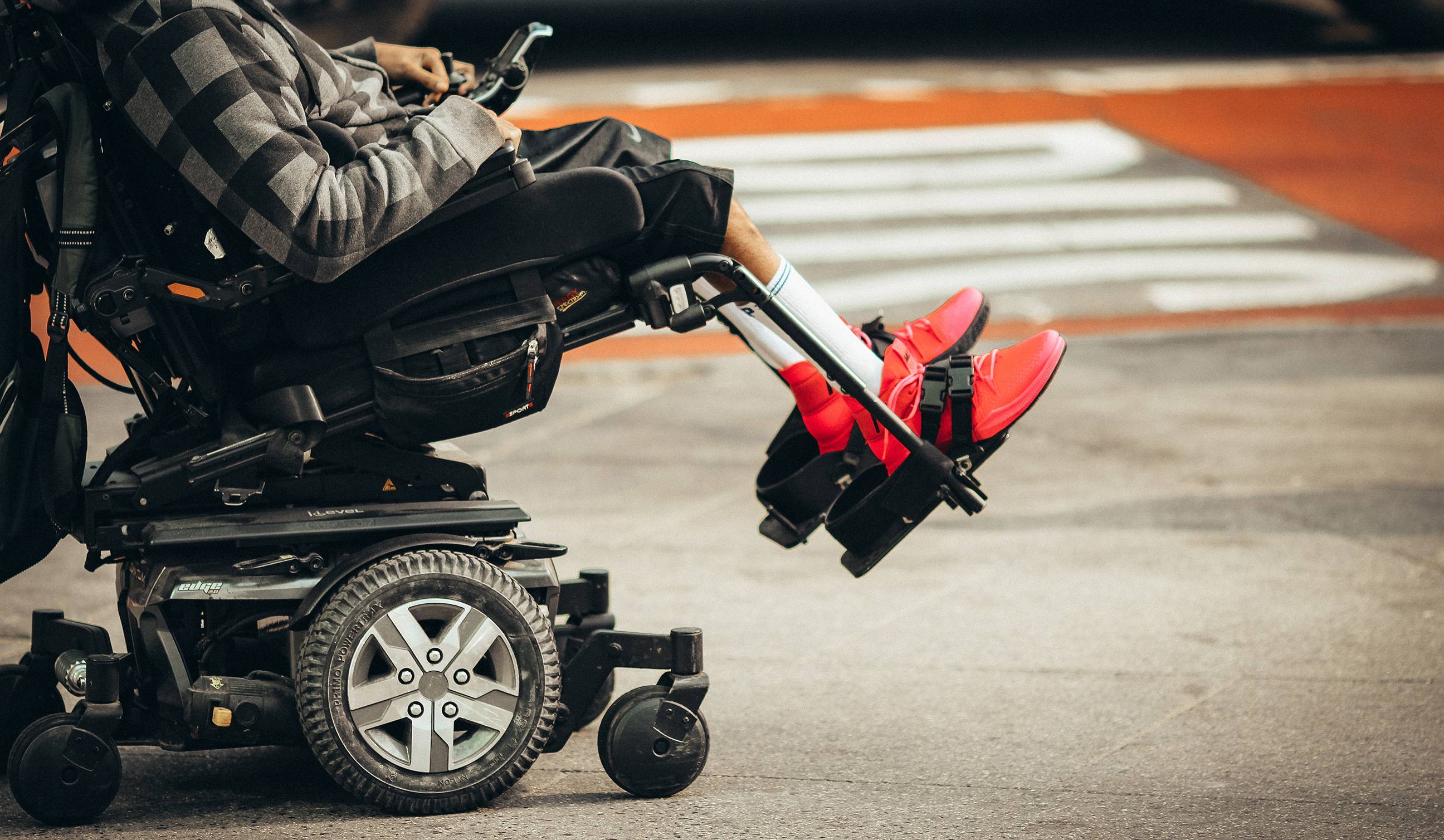Jayme Blaschke | February 22, 2022

Damian Valles, an assistant professor in the Ingram School of Engineering, and Ting Liu, a professor in the Department of Health and Human Performance at Texas State University, have received a grant from the National Science Foundation to research smart and connected communities as well as smart and connected health for individuals with disabilities and first responders.
The three-year, $340,000 grant will establish a Research Experience for Undergraduates (REU) site for "Undergraduate Research Experiences in Machine Learning, Analytics and Augmented Reality for Smart and Connected Health." Valles will serve as principal investigator (PI) with Liu as co-PI.

The REU site will involve undergraduate students directly in research and will be unique among REU sites in terms of scope, as its research topics focus on aspects that deal with individuals with disabilities. Participating students will design and develop concepts, systems and applications that target aspects of smart and connected communities (S&CC) and smart and connected health (SCH) on emotion recognition, cognitive and motor function, postural control and hygiene of individuals with disabilities such as autism spectrum disorder and multiple sclerosis. They will also study the use of new engineering data and visual cyber techniques in smart firefighting, ultimately giving students firsthand insights into translational health, learning with augmented-reality/virtual-reality (AR/VR) and harnessing big data.
Faculty mentors on the grant include Semih Aslan, associate professor in the Ingram School of Engineering, Yumeng Li, assistant professor in the Department of Health and Human Performance, John Farrell, assistant professor in the Department of Health and Human Performance, and Maria Resendiz, associate professor in the Department of Communication Disorders, will serve as faculty mentors on the grant.
The topic of S&CC and SCH can potentially excite undergraduate students because of the emphasis on the human element in engineering projects and demonstrates how data can provide a new way to improve skills and analyze the different approaches that are effective for real-time implementation. Students get to see the direct impact of their research on human development and ergonomics through data analysis, model development and visual interface, which is expected to contribute to student retention in the discipline, to help prepare a new generation of professionals and motivate them to pursue graduate degrees.
Share this article
For more information, contact University Communications:Jayme Blaschke, 512-245-2555 Sandy Pantlik, 512-245-2922 |
